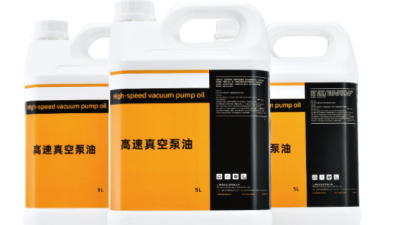5 Hidden Benefits of Using Synthetic Lubricant Spray You Never Knew About
Table of Contents
- Unlocking Performance: How Synthetic Lubricant Spray Enhances Equipment Longevity
- Eco-Friendly Advantages of Choosing Synthetic Lubricants for Your Projects
- Cost-Effectiveness: Why Synthetic Lubricants Save You Money in the Long Run
- Improved Precision: The Impact of Synthetic Lubricants on Machinery Performance
- Reduced Maintenance Frequency: Enjoy Longer Intervals Between Servicing with Synthetic Options
- Versatility of Use: Discover the Wide Range of Applications for Synthetic Lubricant Spray
- Optimize Your Vacuum Pump Performance: The Case for ACPL-VCP SPAO Fully Synthetic PAO Oil
- FAQS
- Conclusion
- Related Posts
You know, in today's industrial world, good lubrication is more important than ever. I mean, according to a report from the American Society of Mechanical Engineers, nearly half of machinery failures happen because of poor lubrication—that’s a huge deal and leads to big economic setbacks. That’s where our Synthetic Lubricant Spray really comes in. It offers some pretty cool advantages that you just don’t get with regular lubricants. At Shanghai Jiongcheng Industrial Co., Ltd., we’re all about providing complete lubrication solutions—think high-temp chain lubricants, compressor oils, and more.
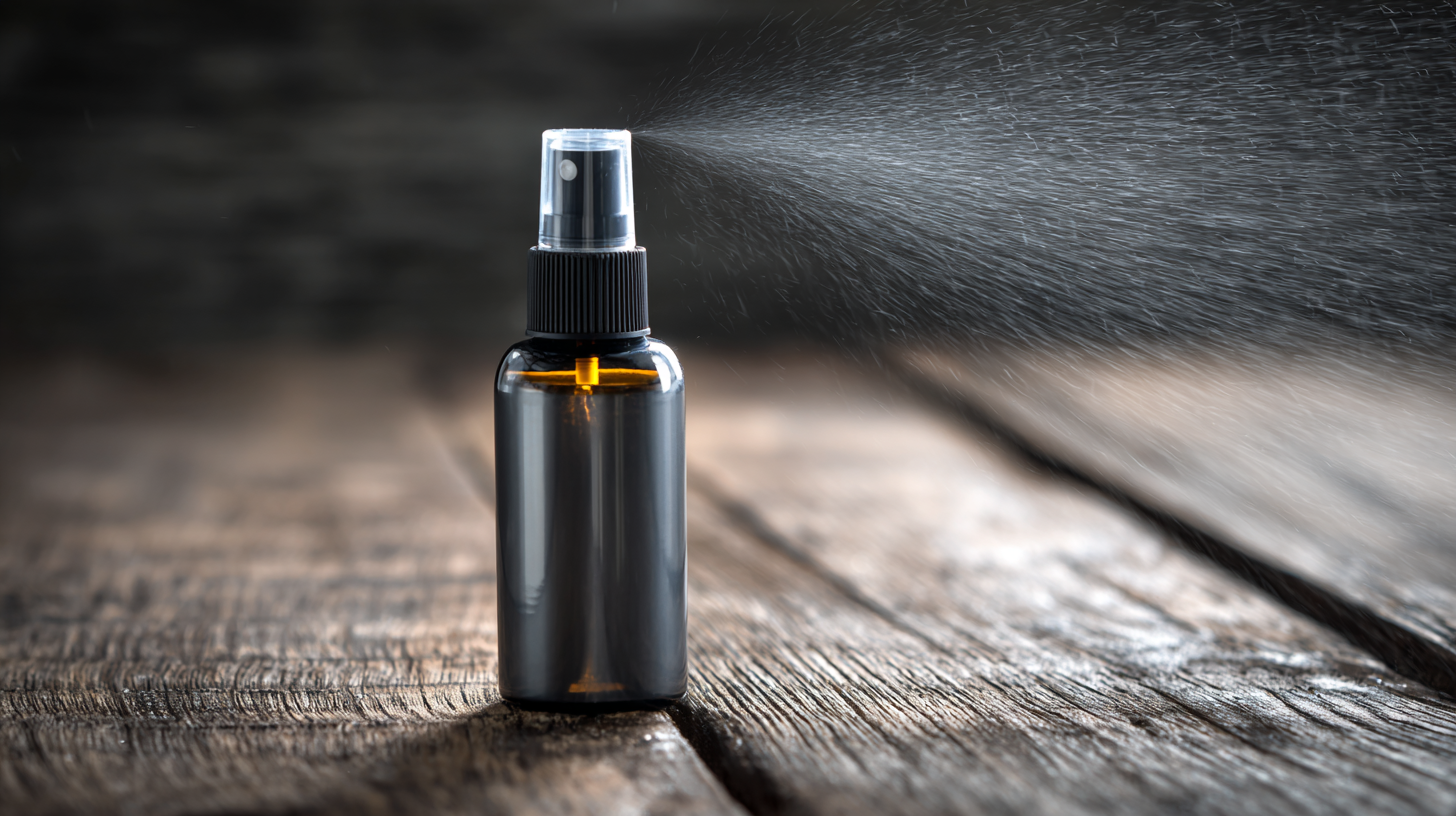
Thanks to our top-notch research and production tech, plus strict quality checks, we make sure our synthetic lubricants meet the tough standards modern machinery demands. The real kicker? Using our Synthetic Lubricant Spray doesn’t just make things run smoother. It also helps your equipment last longer and cuts down on maintenance costs—pretty much a no-brainer for industries really aiming to stay on top of their game.
Unlocking Performance: How Synthetic Lubricant Spray Enhances Equipment Longevity
Synthetic lubricant sprays often don’t get the love they deserve, but let’s be honest—when it comes to keeping your gear running smoothly for longer, they’re pretty much a game changer. These special formulas do more than just cut down friction; they help reduce wear and tear on your machinery, especially under heavy use. Think of them as a protective shield that prolongs the life of your parts, so your machines stay at peak performance for longer. That’s a big deal, especially in places where a breakdown could mean costly downtime and headaches.
And it’s not just about maintenance either. Synthetic lubricants play a key role in some pretty high-tech manufacturing processes, like ball milling for making nanomaterials. When applied properly, they make mixing everything together way easier and more efficient, which helps produce top-quality nanomaterials. Whether it’s creating hybrid compounds or making sure the machinery can handle the intense demands of modern production, using synthetic lubricants pretty much unlocks a whole new level of performance. Bottom line? They’re worth giving more credit for sure.
5 Hidden Benefits of Using Synthetic Lubricant Spray
This chart illustrates the scores of five key benefits of using synthetic lubricant spray, highlighting its overall effectiveness in improving equipment performance and longevity.
Eco-Friendly Advantages of Choosing Synthetic Lubricants for Your Projects
Switching over to synthetic lubricants is a pretty smart move when you think about the eco-friendly perks. They really help out with sustainability in tons of industries—from cars and manufacturing to energy. Unlike the old-school lubricants made from petroleum, these synthetic ones are often created from renewable resources, so they cut down on our fossil fuel dependence. It’s no wonder the global market for open gear lubricants is expected to jump from around $738 million in 2024 to over $900 million by 2030—people are clearly looking for greener, more sustainable options that can also help reduce emissions and lessen our environmental impact.
Plus, synthetic lubricants generally go through special processes that boost their performance while being kinder to the environment. For example, oils made from pentaerythritol esters have low vapor pressure, which means they’re less likely to pollute the air compared to traditional types. Using eco-friendly lubricants doesn’t just make things run smoother; it also cuts down on waste. And with investments in low-carbon solutions expected to hit up to $30 billion between 2025 and 2030, businesses are really shifting gears toward greener practices. It’s a big step forward for the planet—and honestly, for future generations too.
Cost-Effectiveness: Why Synthetic Lubricants Save You Money in the Long Run
When we talk about saving money and getting the most out of your gear, synthetic lubricants really shine — whether you’re working on your car or bike. Lately, I’ve seen quite a few tests showing that synthetic oils beat the regular stuff by a good margin. In fact, some reports say they perform nearly 50% better in cars! That’s pretty amazing because it means you'll need fewer oil changes and less frequent repairs, which adds up to some serious savings down the road. For bike folks like us, using a good-quality synthetic chain lube can make your rides smoother and help your drivetrain last longer — so you don’t have to splash out on repairs as often.
Plus, synthetic lubricants tend to hold up better over time. They don’t break down as quickly, so you don’t need to buy as much of it. It’s kind of a no-brainer when you think about how costs are climbing everywhere — choosing synthetic isn’t just about performance, it’s also about being smart with your money. And with more car makers now recommending synthetic oils, it’s pretty clear that investing in these high-quality lubricants is a smart move; you end up saving on maintenance and enjoying better performance in the long run.
5 Hidden Benefits of Using Synthetic Lubricant Spray You Never Knew About - Cost-Effectiveness: Why Synthetic Lubricants Save You Money in the Long Run
| Benefit | Description | Cost Savings | Expected Lifespan |
|---|---|---|---|
| Extended Equipment Life | Synthetic lubricants reduce wear and tear on machinery and extend operational life. | Reduces replacement costs by up to 30% | 5-10 years longer than conventional oils |
| Improved Efficiency | Lower friction results in better energy efficiency, leading to lower operating costs. | Saves up to 15% in energy costs | N/A |
| Reduced Maintenance Frequency | Less frequent oil changes and reduced servicing needs save time and money. | Up to 20% savings in maintenance costs | 3-5 times longer intervals |
| Better Temperature Stability | Synthetic lubricants perform better under extreme temperatures, reducing breakdown and failure. | Fewer replacements due to overheating | More than 10 years under extreme conditions |
| Environmental Benefits | Synthetic lubricants are often more biodegradable and less harmful to the environment. | Lower disposal costs and penalties | N/A |
Improved Precision: The Impact of Synthetic Lubricants on Machinery Performance
You know, these days, synthetic lubricant sprays are becoming pretty popular across various industries, especially when it comes to those really precise machines. I read somewhere that according to the Society of Tribologists and Lubrication Engineers (STLE), using synthetic lubricants can cut down friction by up to 40% compared to regular ones. That’s a big deal because less friction often means your equipment runs smoother, lasts longer, and you end up spending less on maintenance. Not too shabby, right?
Plus, synthetic lubricants are designed to handle some seriously extreme temperatures – which is pretty important for high-precision machinery. The National Lubricating Grease Institute (NLGI) says these lubricants keep their properties even from as low as -50°F all the way up to over 400°F. That kind of temperature range means machines can perform consistently without the lubricant breaking down. For industries like aerospace or auto manufacturing, where precision and reliability are everything, this really helps reduce wear and tear, making everything more dependable and efficient overall.
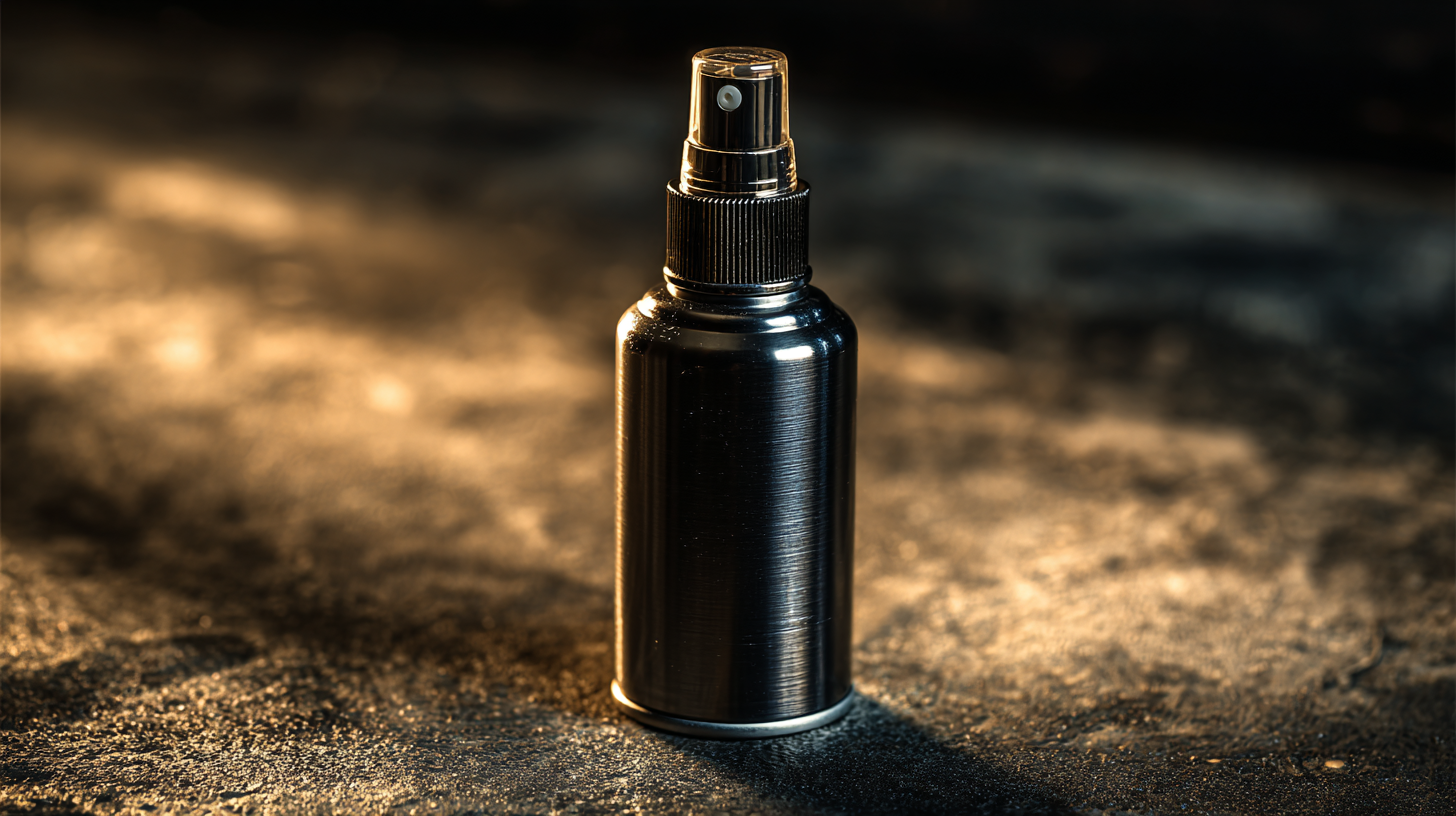
Reduced Maintenance Frequency: Enjoy Longer Intervals Between Servicing with Synthetic Options
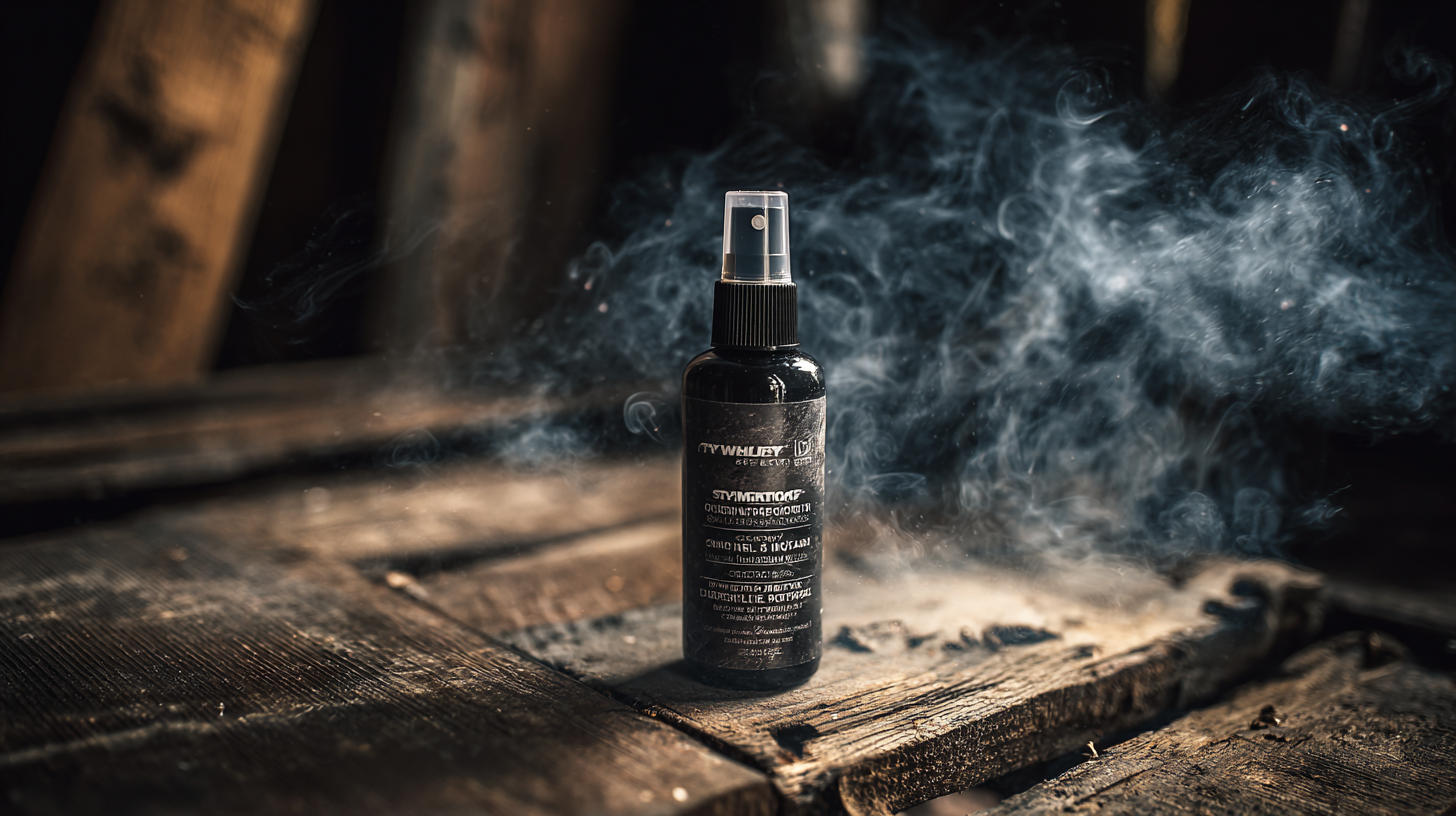 Switching to synthetic lubricant sprays can really cut down on how often you need to do maintenance. It means you can go longer between servicing, which is pretty nice. I came across a report from the American Society of Mechanical Engineers (ASME) that says using synthetic oils can actually extend your equipment’s lifespan by up to 50% compared to regular oils. That’s a big deal because it means fewer breakdowns and less downtime — especially helpful if your business depends on heavy machinery working smoothly.
Switching to synthetic lubricant sprays can really cut down on how often you need to do maintenance. It means you can go longer between servicing, which is pretty nice. I came across a report from the American Society of Mechanical Engineers (ASME) that says using synthetic oils can actually extend your equipment’s lifespan by up to 50% compared to regular oils. That’s a big deal because it means fewer breakdowns and less downtime — especially helpful if your business depends on heavy machinery working smoothly.
One of the main reasons synthetic lubricants are so efficient is because they handle heat better and resist oxidation much longer. Basically, they stay effective across a wider range of temperatures, so you don’t have to change them as often. Some field studies show that machines using synthetic lubricants can run over 10,000 hours without major wear, while those using traditional oils usually only last around 5,000 hours before needing a change.
Tip: To get the most out of your synthetic lubricant sprays, make sure you apply them in clean conditions and stick to the manufacturer’s advice on how often to reapply. It’s also a good idea to keep an eye on your equipment for signs of wear and tweak your lubrication schedule if needed. Doing these little things can really help you enjoy the longer-lasting, more reliable performance that synthetic options provide.
Versatility of Use: Discover the Wide Range of Applications for Synthetic Lubricant Spray
You know, synthetic lubricant sprays are pretty handy and actually have a lot more uses than most folks realize. From keeping your car running smoothly to fixing things around the house, these sprays can do a ton. Honestly, they’re pretty much a must-have for anyone who loves DIY projects. For example, they work great on squeaky door hinges, help sliding windows move more easily, and even protect metal surfaces from rust and corrosion. Since they can be used on different materials, you’ll find them useful in all kinds of environments, whether you’re working in a garage, workshop, or even outdoors.
But wait, they’re not just good for everyday stuff. Synthetic lubricants really shine in more specialized situations too. They’re awesome for high-temperature environments—meaning they can keep parts working without breaking or wearing out because of heat. Many of these sprays are also designed to handle really heavy pressures, so they’re perfect for machinery that’s under a lot of stress. Plus, their water-resistant features make them super useful for outdoor gear—keeping everything lubricated even in bad weather. Learning about all these different uses really helps you get the most out of them and can actually extend the life of your tools and equipment. All in all, synthetic lubricant sprays are pretty much a game-changer—seriously, they’re an invaluable resource for all sorts of jobs!
Optimize Your Vacuum Pump Performance: The Case for ACPL-VCP SPAO Fully Synthetic PAO Oil
In the quest for optimal vacuum pump performance, the choice of lubricant can make a significant difference. The ACPL-VCP SPAO fully synthetic PAO vacuum pump oil emerges as a frontrunner, particularly in high-temperature and high-humidity industrial settings. According to recent industry reports, synthetic oils typically outperform mineral oils in thermal stability and lubrication properties, making them ideal for demanding environments. The ACPL-VCP SPAO oil exhibits exceptional resilience in extreme conditions, ensuring consistent vacuum pump operation.
One of the standout features of ACPL-VCP SPAO oil is its ability to maintain viscosity and lubricating properties even when exposed to severe temperature fluctuations and humidity. Research from the American Society of Mechanical Engineers indicates that high-performance synthetic oils can significantly reduce wear and tear on equipment, extending the lifespan of vacuum pumps while reducing maintenance costs. Specifically, the implementation of fully synthetic oils has been linked to a reduction in pump failure rates by as much as 30%, highlighting their importance in efficient industrial operations.
Furthermore, the molecular structure of PAO (Polyalphaolefin) allows for better fluidity at lower temperatures, promoting efficient operation in cold-start conditions. Industries that rely heavily on vacuum technology—including pharmaceuticals, food packaging, and chemical processing—have reported enhanced productivity and reduced downtime when utilizing fully synthetic lubricants like ACPL-VCP SPAO. This innovative oil not only protects equipment but also contributes to a more sustainable and efficient operation, proving critical in today's manufacturing landscape.
FAQS
: Synthetic lubricants can outperform conventional options by nearly 50%, resulting in fewer oil changes and less frequent maintenance, which saves money over time.
Synthetic lubricants reduce friction by up to 40%, leading to improved operational efficiency and longer machinery life, which can consequently lower maintenance costs.
Yes, synthetic lubricants are engineered to perform effectively in extreme temperatures, ranging from -50°F to over 400°F, ensuring consistent lubrication without degradation.
High-quality synthetic chain lubricants provide smoother rides and extend the lifespan of drivetrain components, reducing the need for costly repairs.
By reducing wear and tear on high-precision components, synthetic lubricants enhance machine reliability and productivity across industries like aerospace and automotive.
Yes, many manufacturers now recommend synthetic oils for their vehicles, highlighting the financial and performance benefits of using synthetic lubricants.
Opting for synthetic lubricants leads to further savings due to their better resistance to degradation, requiring less product over time, and aligning with a more economical approach.
Synthetic lubricants minimize friction significantly, which leads to enhanced operational efficiency and a decrease in maintenance needs for machinery.
Industries that rely on precision machinery, such as aerospace and automotive, particularly benefit from the enhanced performance and reliability that synthetic lubricants provide.
Yes, the initial investment in synthetic lubricants is justified by their superior performance and cost savings over time, making them a wise financial decision.
Conclusion
When it comes to industrial stuff, using synthetic lubricant sprays isn’t just about keeping things lubed up—it’s got so many perks! For starters, they help your equipment last longer, which is a huge win. Plus, they're a more eco-friendly option, so you're not just saving money but also doing your bit for the planet. The cool part? These sprays are formulated to give you much more precise results when you're running machinery, which means your projects run smoother and more efficiently.
And here’s another thing—by using synthetic sprays, you can cut down on maintenance costs because you'll need fewer tune-ups and repairs over time. They’re super versatile too, designed to handle really high temperatures and tough conditions, so whether you're working in a hot factory or demanding environment, they’ve got you covered. Overall, picking synthetic lubricants isn’t just about better performance; it’s also a step toward more sustainable, cost-effective industrial operations.
Related Posts
-

Top Strategies for Choosing the Best Lubricant Oil Can for Your Business Needs
-
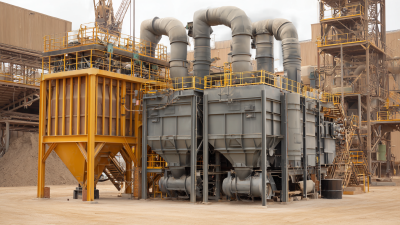
Innovative Applications of One Unit Dust Collector Together in Diverse Industries
-
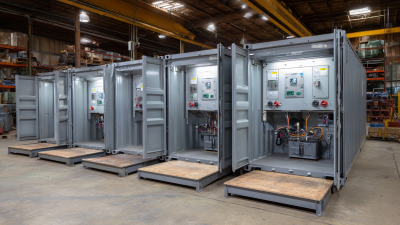
Choosing the Right Manufacturer for Best Micro Air Dust Collectors and Key Features to Compare
-

Unlocking Premium Quality: Discover the Best Kuvaldaru Cart Price from China's Leading Manufacturer
-
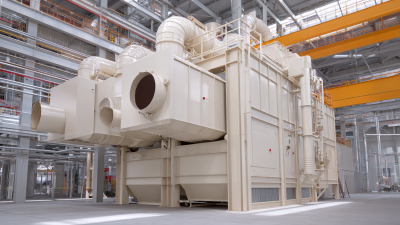
Innovative Applications of Jet Dust Collector Dc-1200 in Modern Industry
-

2025 Trends in Woodworking: The Ultimate Comparison of the Best Miter Saw Dust Collectors

